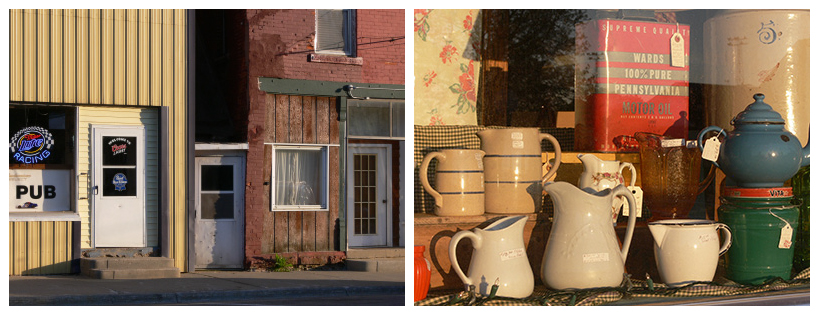
“Lock Her Up. Lock Her Up.” And so the chant went this week at the Republican National Convention. Republicans don’t agree on much. But they almost universally agree they don’t like Hillary Clinton. However, since when have hate and animosity produced widespread enduring peace and prosperity for any society? Wars have certainly coalesced large populations. But social cohesion and productivity invariably falter at the conclusion of war efforts. People want their individual lives back. Social psychologists have known for a long time that a commonly perceived threat tends to motivate cooperative effort in opposition to that threat. But, in the absence of some superordinate threat, individuals tend to pursue their own individual agendas toward personal satisfaction. Societies do prosper in times when they are not at war. So, what binds them together when there is no external threat? Greed and/or lust for power motivates and binds many groups of people. Think drug cartels. Think multinational corporations. Think big banks. Superstition, a.k.a. religion, also binds huge numbers of people. A version of fear, perhaps, but of retribution, or of being overlooked, by some supernatural vengeful or beneficent god. Philosophy binds large groups of people, too. Think Liberty, Equality, Fraternity. Think Do No Harm. Think All for One and One for All. Think Semper Fi. And, goals can bind people together. Goals like building a dam to preserve fresh water and generate electricity to be shared by all involved. Goals like clearing land ravaged by war to be used for farming. Goals like pooling resources to build a hospital, a school, or a system of roads. The thing is, when people share fear, or aspirations toward something beyond fear, they are very good at finding ways to overlook individual differences and begin productively cooperating with one another. It is in our nature. As a species, we are good at it. However, absent some binding principle, fear, philosophy, or goal, individual differences tend to magnify, simplify, and harden within our minds. We begin stereotyping each other. We become less accepting and accommodating of differences and are motivated more toward separating and distinguishing ourselves from something that becomes “those people”. We may leave and head out on our own. Or, we may throw a party and invite everyone we feel most akin to, but invite no one we feel is “too different”. In other words, we will seek to establish a tribe, an identity group different from membership in some larger group like a country, or at least different from other smaller groups, other tribes, within that larger group. That is in our nature too. And the sameness or similarity we seek may, in large part, be a consequence of our brain’s inability to monitor and predictively coordinate with too many individual differences in those around us. There is a current problem in policing where officers are expected to sift through an overwhelming myriad of sensory inputs from the environment around them and effectively distill qualities that signal a crime has been or is about to be committed. Done poorly, that sifting of information can and has put both law abiding citizens and officers in danger. Done less poorly and with more validity, lives have been saved. Will artificial intelligence, AI, and increasingly complex algorithms eventually prove effective at improving policing outcomes? Or, will neighborhood policing techniques wherein police and citizens become increasingly familiar with each other help more? Very likely both techniques are needed. But interestingly, both techniques deal directly with the cognitive limitations of humans to absorb, accommodate to, and make good use of ever increasing instances of apparent differences between individuals across larger and larger groups of people. AI algorithms sort the wheat from the chaff, making complex analyses simpler to understand. And community policing helps the brains of both citizens and police accommodate to the normal flow of things and, consequently, become more cued to notice what is suddenly abnormal and possibly dangerous. No matter what neighborhood you live in, or what political camp you frequent, no neighborhood thrives when its citizens are preyed upon by individuals motivated by personal greed, lust for power, or fear. We all win when neighbors are bound together by the mutually held goal of shared safety, healthful wellbeing, and sustainable non-exploitive prosperity. Get to know your neighbors, your coworkers, and your local police. And, let them get to know you. Our puny brains rest far easier at night when all that surrounds us feels both familiar and normal. |
• Posted: Jul 24, 2016 12:34:27
• Comments Welcome
• Vote CoolPhotoblogs
• Purchase a Print
• Share
Saturday, June 14th, 2008 Westby WI USA |